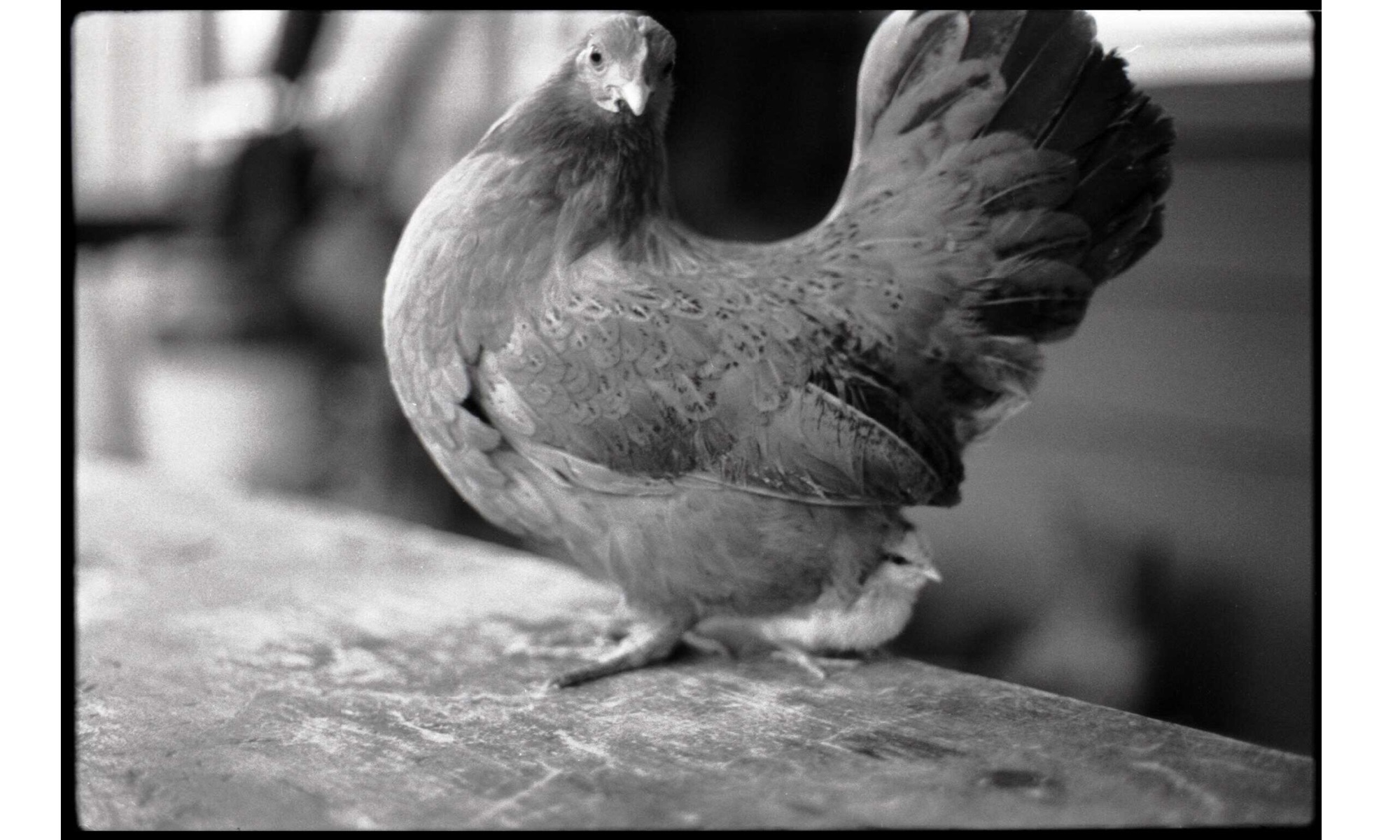 Thanks to to Howard I caught this fascinating article over on the CNN website about the genetic lives of honeybees. Those of you who know me well, also know that I have a fascination with honeybees, those adorable, industrious insects whose work ethics and social life have often been praised and suggested for emulation throughout history.
Thanks to to Howard I caught this fascinating article over on the CNN website about the genetic lives of honeybees. Those of you who know me well, also know that I have a fascination with honeybees, those adorable, industrious insects whose work ethics and social life have often been praised and suggested for emulation throughout history.
A report in the journal Nature by a consortium of scientists reveal that the genetic code of the honeybee has been unraveled, including clues to its complex social nature, it’s sense of smell and its African origins. Scientists plan to use these findings to continue their work on social behavior in humans. This is something that I find somewhat fascinating due to my recent work-related intensity on social networking applications on the internet. The honeybee, with its tens of thousands of (female) workers maintaining the day-to-day existence of the hive, the single, long-lived queen fulfilling its sole role of perpetuating the species, and the embarassingly single-minded male drones who serve basically as genetic material, has a complex, highly workable social structure. Bee Wilson’s The Hive: the Story of the Honeybee and Us is a pretty remarkable history of the honeybee. I read and reviewed this quick-read back in June, and provided me with much insight on my beloved honeybees and how they have related to human society through history.
Still, while the social structure of the bee is fascinating and certainly works for this tenacious, industrious species, I’m not so sure it’s something enviable for us. I know I wouldn’t relish my place in bee society as a drone, and for the ladies, those workers don’t seem to understand the meaning of the word fun.
